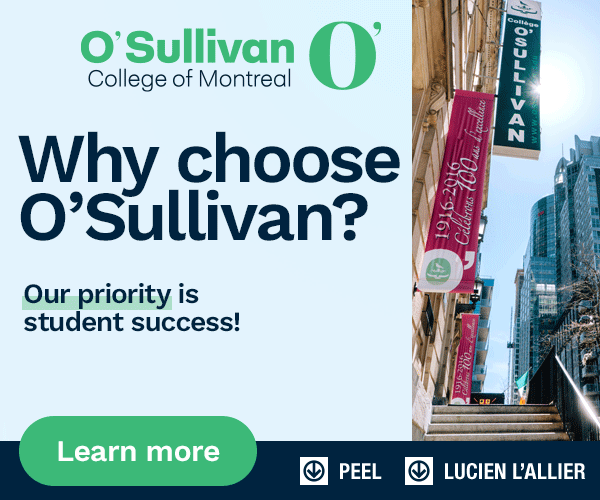As a COVID-19 vaccine draws closer, Simon Fraser University researchers Diane Gromala, Chris Shaw and a team of graduate students are tracking the data to ensure those who'll need vaccinations most the "less visible" vulnerable and at-risk have priority access.
Their work is part of Project ABC, an initiative of Canada's Digital Technology Supercluster. The $4 million project is led by Cambian Business Services Inc., in partnership with LifeLabs, IBM Canada, WELL Health, Tickit Health, Providence Health Care, and SFU.
The SFU team is drawing on extensive pioneering work with health technologies to identify at-risk groups that may be less obvious, notes Gromala, including those with compromised immune systems, those facing language barriers or those at-risk and living far from urban centres, among others.
The SFU team is also taking "a deeper dive" into the most up-to-date approaches to inclusive technology, which aims to help people adapt in their environments, to enhance virtual processes and streamline care needs. They're working on a "citizens' science" approach to health care that will help with vaccine management and post COVID-19 recovery.
"It's critical that we address the complex logistical needs that we'll be facing once a vaccine is available," says Gromala, a Distinguished Professor in SFU's School of Interactive Arts and Technology. "Beyond reaching those who are at-risk who may be less visible we'll also need to ensure there is efficient and accessible follow-up to care in place."
The team's solution will be piloted by a local health authority and will include testing with hospitals as well as vulnerable populations in Vancouver's Downtown East Side.
Project ABC is working to integrate existing processes and organize assessments and scheduling services that will enable an optimal and efficient vaccine delivery. It will also work to prevent bottlenecks and pave the way for nearly 80,000 Canadians daily to be vaccinated against COVID-19 once a vaccine is available.
The project's efforts to ensure that prioritization is efficient and fair will build on the policies put in place at the start of the pandemic, to see that vulnerable populations and frontline health care workers would have priority to access the vaccine, Gromala notes. It will also track any potential adverse events after a vaccination.
Gromala says the solution being developed by Project ABC will also forecast demand and ensure that venues have the required tests and vaccines available meeting complex logistical needs.
A pioneer in health technologies
Gromala and Shaw are experts in human-computer interaction. Gromala's decades-long research focuses on virtual reality together with biosensors, creating home health solutions for people who struggle to manage their chronic conditions, from chronic pain and arthritis to addiction and cancer.
Gromala's work involves partnering with pain doctors, nurses, kinesiologist, neuroscientists, patients and their caregivers. "Chronic conditions overwhelm our healthcare system, but technologies that are smart, well-designed, rigorously tested, and strategically deployed can extend the capacity of our national healthcare," says Gromala.
"No technology is smart enough to replace a healthcare professional of course, but it can extend their reach and empower patients."
Working in the Silicon Valley at Apple Computer in the 1980s, Gromala learned how crucial it is to design technology "for the rest of us." Her focus on ease-of-use' - for patients, for their caregivers, for their doctors is something reflected in her many years of research. "When you don't feel well, or if you're in an ER, there's no room for confusing text, icons or buttons. The technology HAS to work for everyone, healthy or sick, young or old. Canadians deserve nothing less."
SFU's team draws on its strengths
International student researchers on the SFU team are also bringing expertise in addressing health-related cultural differences.
Bhairavi Warke, from India's Pune University, is the project's manager, while Amal Vincent, who worked in the Indian Railway's engineering division, is its data manager. While at SFU, Warke created systems to help patients better track their pain data, while Vincent developed an online system enabling parents to track their children's sleep disorders. Xin Tong, the project's research manager, tested virtual reality systems on pain patients in Vancouver and Beijing.
"The diversity of students at SFU Surrey is incredibly rich" says Gromala. "This team in particular is a dream talented, hard-working, tech-savvy people already accomplished on the world stage. Yet each is a caring, compassionate person who is committed to reaching every Canadian we can."












